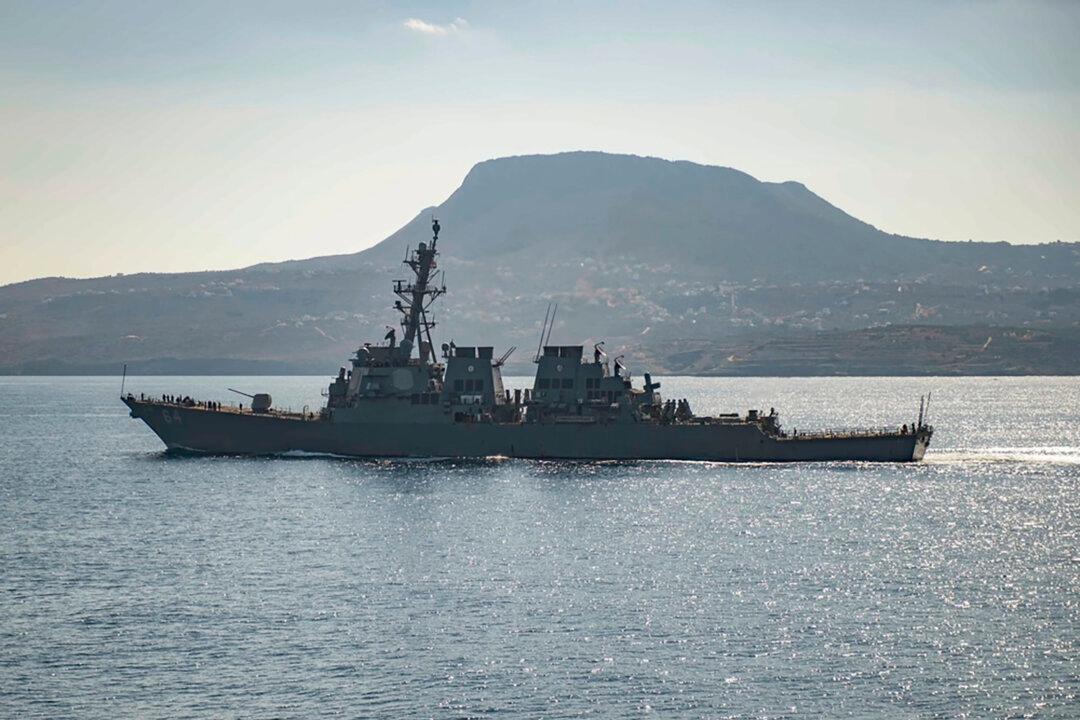Denmark is now considering sending one of its warships to assist in “Operation Prosperity Guard” (OPG) after having shown an initial slowness to participate in the U.S.-led Red Sea maritime security mission.
On Friday, the Danish Ministry of Defense announced the Danish parliament had agreed to take up a resolution in January considering whether to deploy one of its frigates to the Red Sea region to assist with OPG





